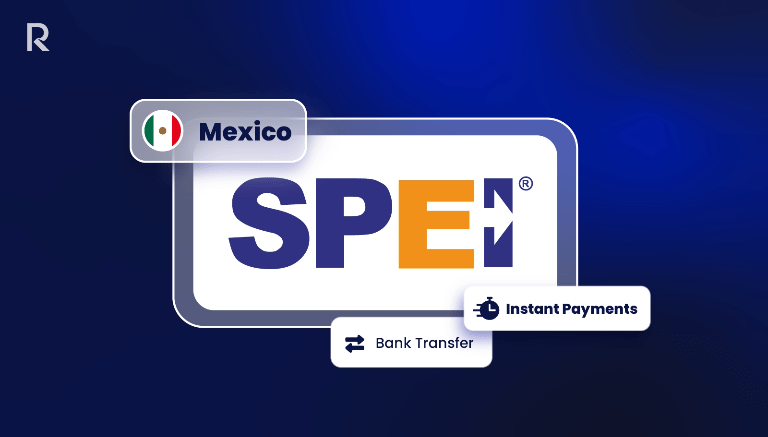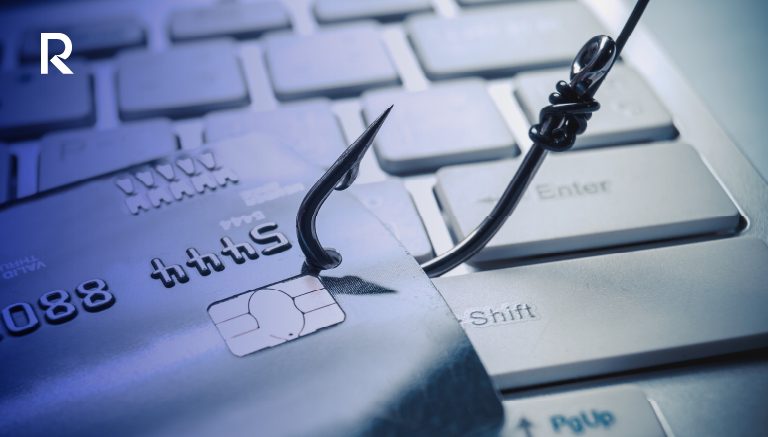Entradas recientes
26 enero, 2024
5 tendencias de pago clave en 2024
Cada año se ve marcado por nuevas tecnologías, actualizaciones y características que hacen que la evolución sea constante de forma transversal a industrias y mercados. Y a medida que la […]
Leer más










